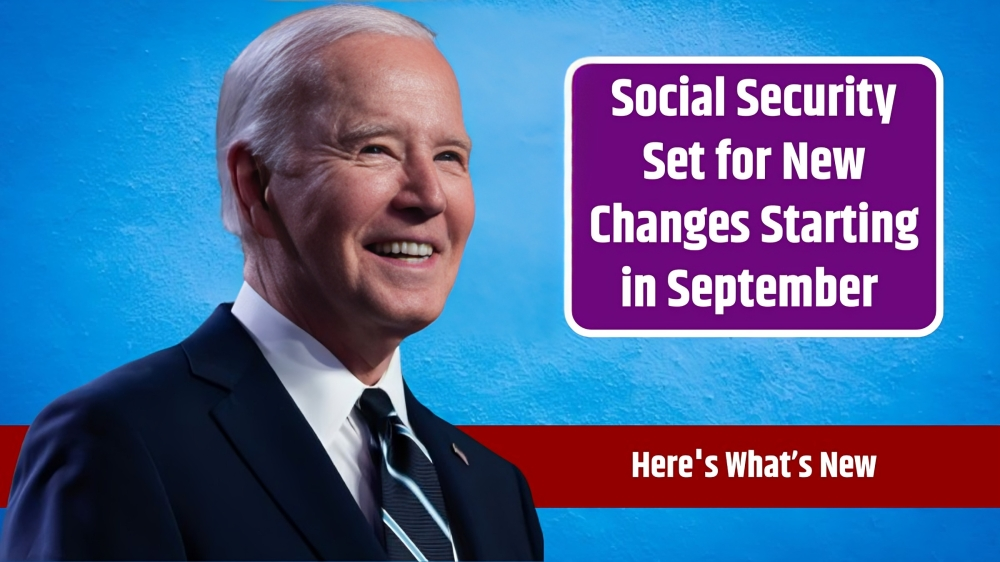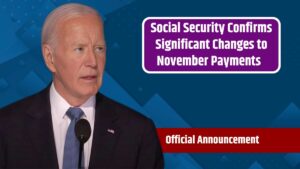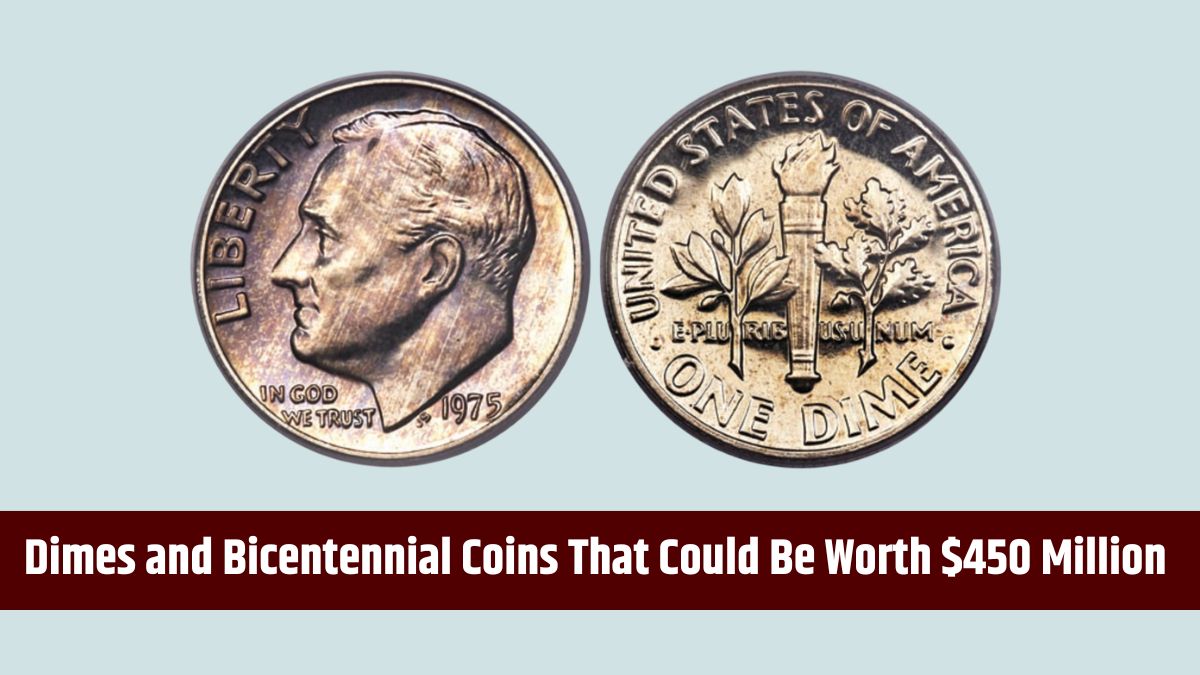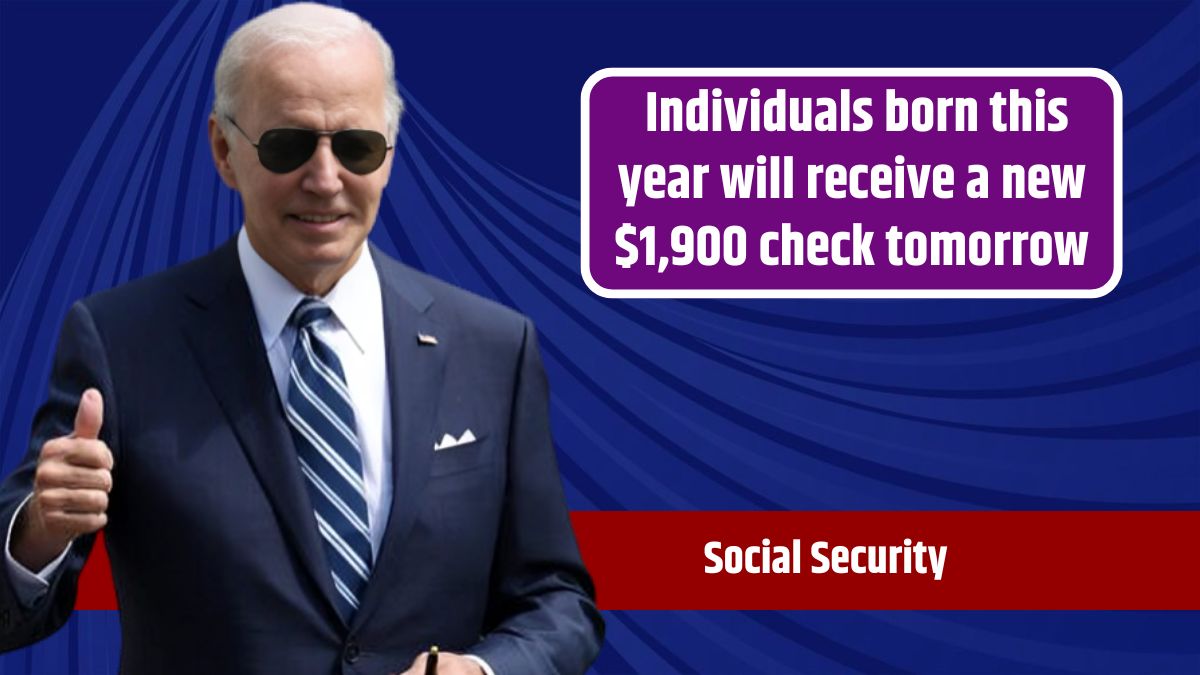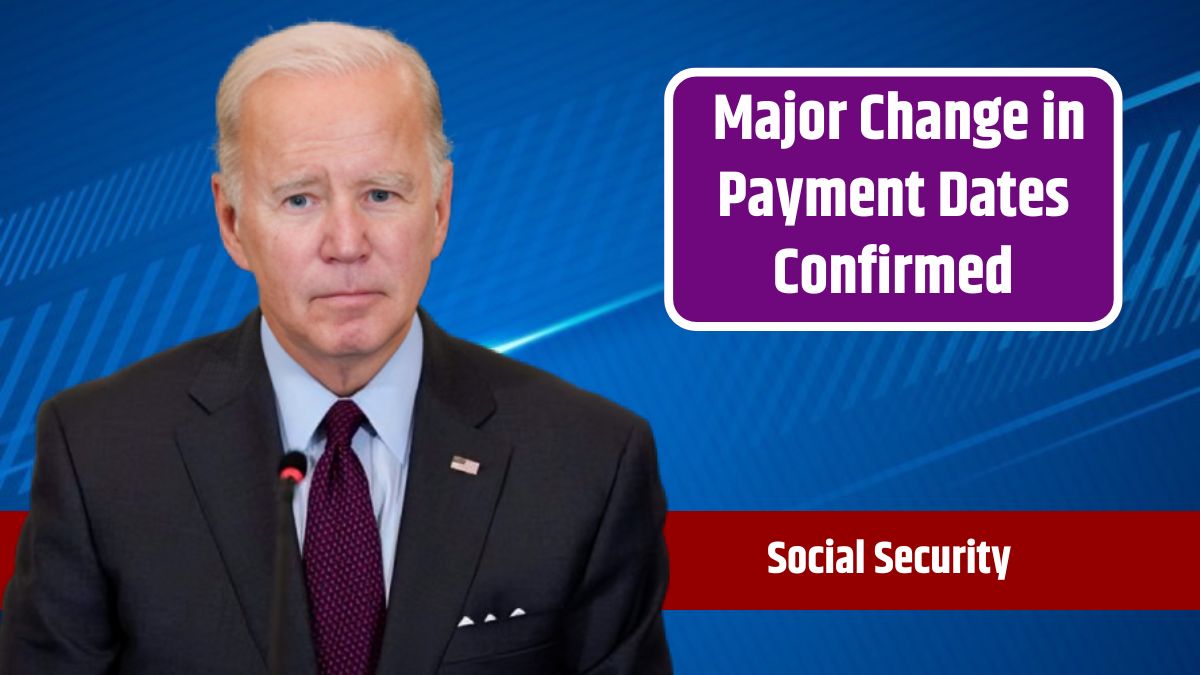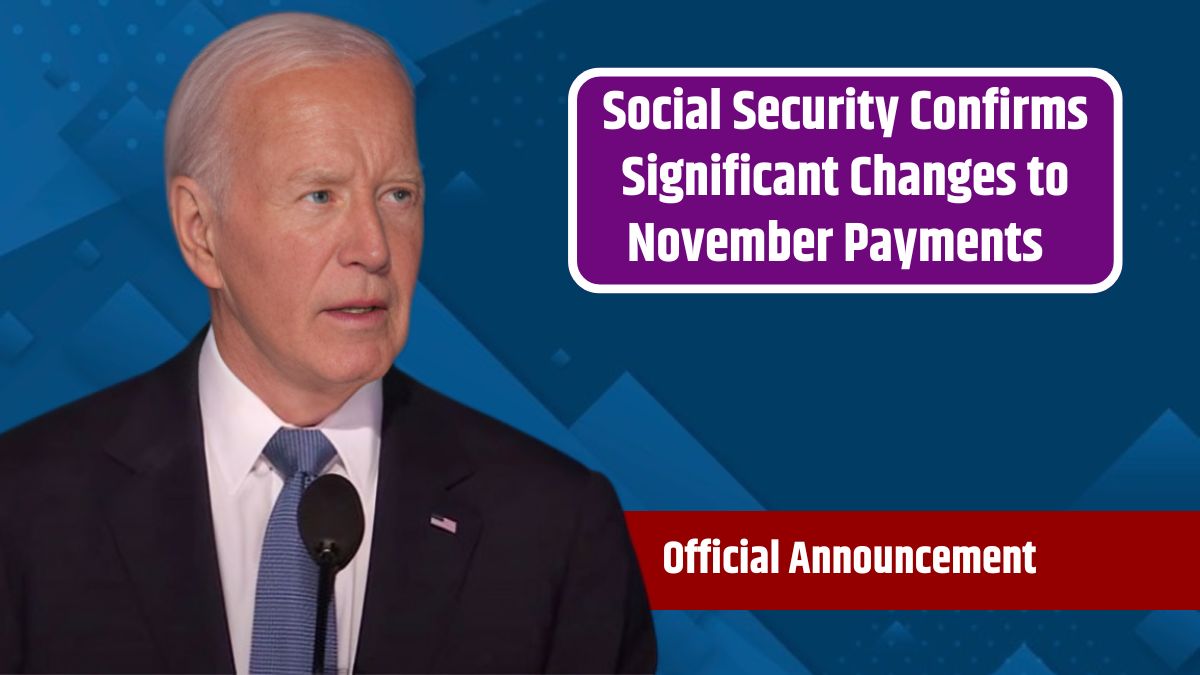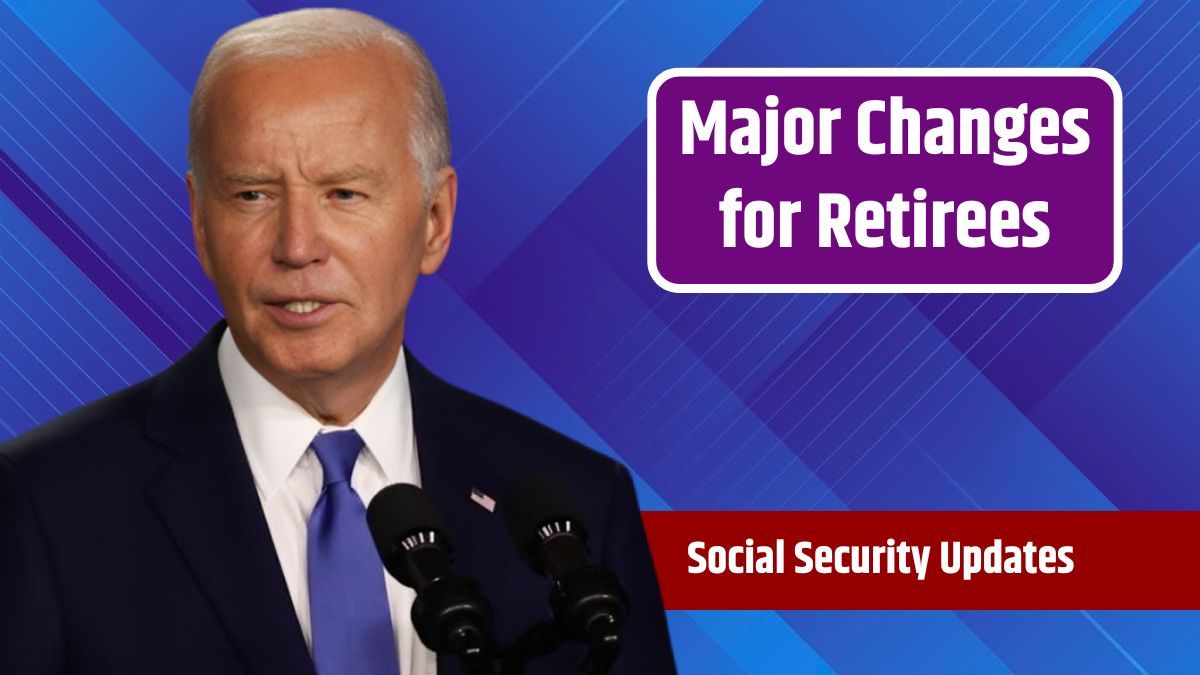Starting in September, the Social Security Administration (SSA) will introduce significant changes to the Supplemental Security Income (SSI) program that will impact around 7 million recipients. While Social Security retirement benefits provide financial support to retired workers, the SSI program focuses on helping low-income seniors, disabled individuals, and children with specific financial needs. These changes aim to expand eligibility and potentially increase monthly payments for those currently receiving SSI benefits. Let’s look into the three main updates you need to know.
New Rules
The SSA’s new guidelines will change how eligibility is determined and how monthly benefits are calculated for SSI recipients. Here are the three key updates:
1. Public Assistance Home
One of the most impactful changes is the revised definition of a public assistance home. Under the previous rule, all members of a household needed to be receiving public assistance for a member to qualify for SSI benefits. The new rule, effective September 30, 2024, will expand this definition. Now, only one SSI beneficiary and at least one other person receiving means-tested public benefits are required to qualify a household for SSI benefits.
Additionally, the Supplemental Nutrition Assistance Program (SNAP) will be included in the list of public benefits that can qualify a household for SSI. This change will help individuals in households where only a few members receive public benefits to qualify for SSI, potentially increasing the number of eligible recipients.
2. Food Assistance
The second significant change involves how food assistance is treated in eligibility calculations. Previously, food and housing assistance were considered in-kind support and maintenance (ISM) and counted as unearned income. This could reduce the amount of SSI benefits a person received, as their overall income appeared higher.
Beginning in September, food relief will no longer be included in these calculations. The SSA has recognized that the old ISM policies raised concerns about fairness, administrative burden, and unintended consequences. For example, some families were discouraged from helping low-income relatives for fear that doing so would reduce SSI benefits dollar-for-dollar.
By excluding food assistance from the eligibility determination, the SSA aims to make it easier for low-income individuals to qualify for SSI without penalizing them for receiving other forms of aid.
3. Rental Subsidy Policy
The third change affects the rental subsidy policy, which will now apply nationally. Currently, the policy prevents rental assistance, like renting at a reduced rate, from impacting SSI eligibility or the monthly payment amount in only a few states, such as Connecticut, Illinois, Indiana, New York, Texas, Vermont, and Wisconsin. The expanded policy will make this approach available to all SSI applicants and recipients across the country.
This new rule ensures that rental subsidies or discounts do not negatively affect a person’s eligibility for SSI or reduce their monthly benefit amount. This change could potentially increase the payments for certain recipients and allow more people to qualify for SSI benefits.
Impact
These changes are designed to increase the number of people eligible for SSI and provide higher benefits to those who need them most. The modifications may help those living in households with mixed public assistance statuses, reduce penalties for receiving food assistance, and expand access to those receiving rental subsidies.
Here’s a summary of how these changes could affect monthly SSI payments:
| Factor | Previous Rule | New Rule (Effective September 2024) |
|---|---|---|
| Public Assistance Home Definition | All household members must receive public assistance | Only one SSI beneficiary plus at least one on public aid |
| Food Assistance Calculations | Food assistance counted as unearned income, reducing SSI | Food relief excluded from eligibility calculations |
| Rental Subsidy Impact | Limited to specific states | Expanded nationwide |
What You Should Do
If you are an SSI recipient or think you may be eligible under the new rules, it is important to understand these changes and how they might affect your benefits. Consider reviewing your current benefits with a financial advisor or directly contacting the SSA to see how these updates could impact your eligibility and payment amount.
For those who are eligible, these updates could mean higher monthly payments and easier qualification criteria, making it crucial to stay informed and prepared for September’s changes.
FAQs
How will the new public assistance home rule affect SSI eligibility?
Only one SSI beneficiary and one other person receiving public benefits are now required.
Will food assistance still affect my SSI benefits?
No, food assistance will no longer be counted in SSI eligibility calculations.
Is the new rental subsidy policy applicable nationwide?
Yes, the expanded policy will now apply to all states.
When do these changes take effect?
All changes will be effective starting September 30, 2024.
How can I find out if I am eligible under the new rules?
Contact the SSA or consult with a financial advisor to review your eligibility.
